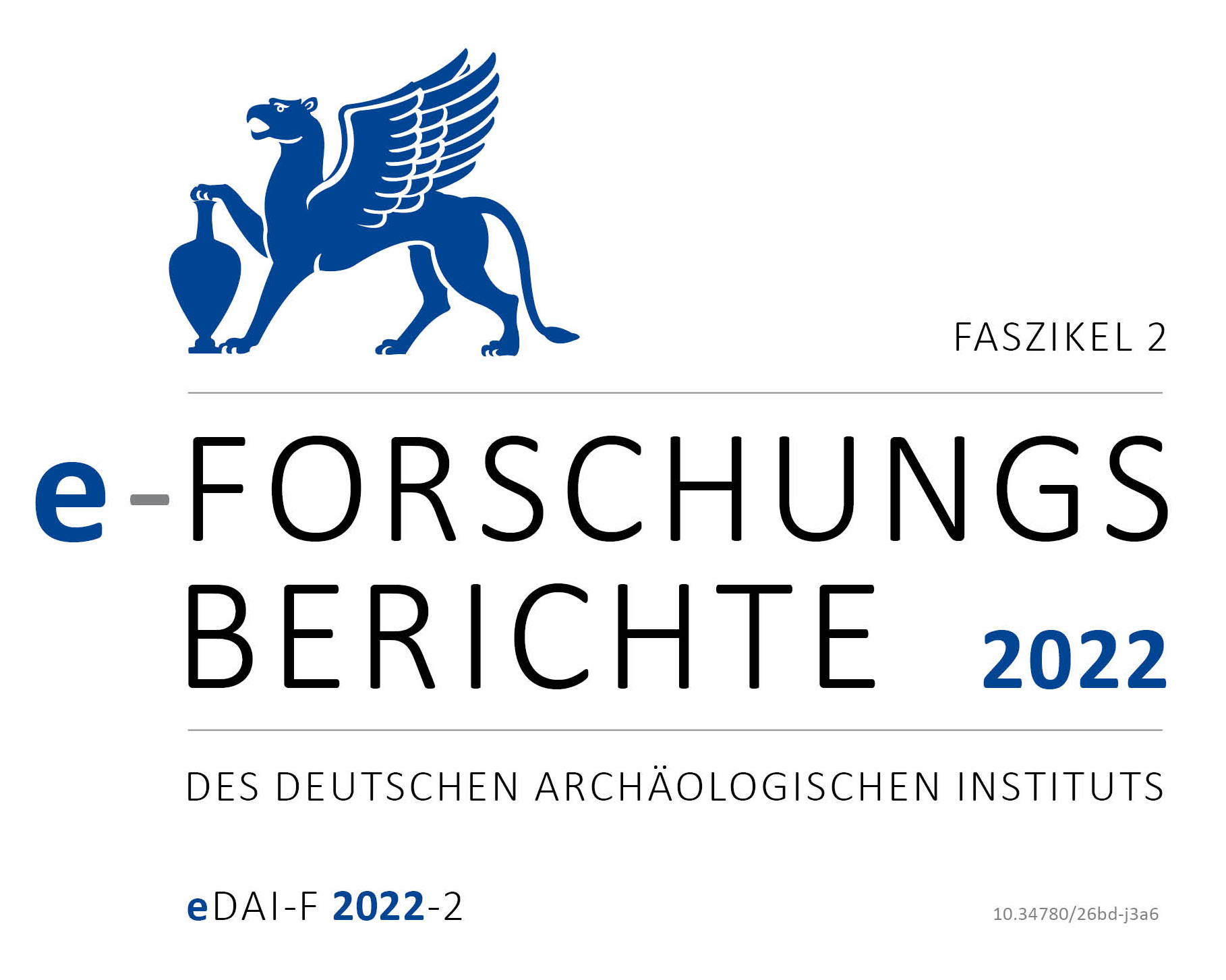Didyma, Turkey. Archaeometric analyses of ceramics from excavations in Didyma. Season 2021
https://doi.org/10.34780/6374-4w36
Abstract
Ceramics research has played a central role at Didyma since the German Archaeological Institute resumed excavations there in the 1960s. Building upon past preliminary work, the ongoing cataloguing and study of its various wares has created a typology of the local and regional pottery and architectural terracotta, spanning the Late Geometric to the Early Byzantine period (8th c. BC–7th c. AD). In 2021, with the aim of supplementing the current state of understanding that has been based primarily on macroscopic observation, a collection of 93 pieces representative of the current ceramic typology was sampled for archaeometric analyses, including compositional and chromatic measurements and thin-section microscopy. The residues of the ceramic casting mould of a bronze tripod leg are subjected to Neutron activation analysis (NAA).
Parole chiave:
Architectural terracottas, Archaeometry





